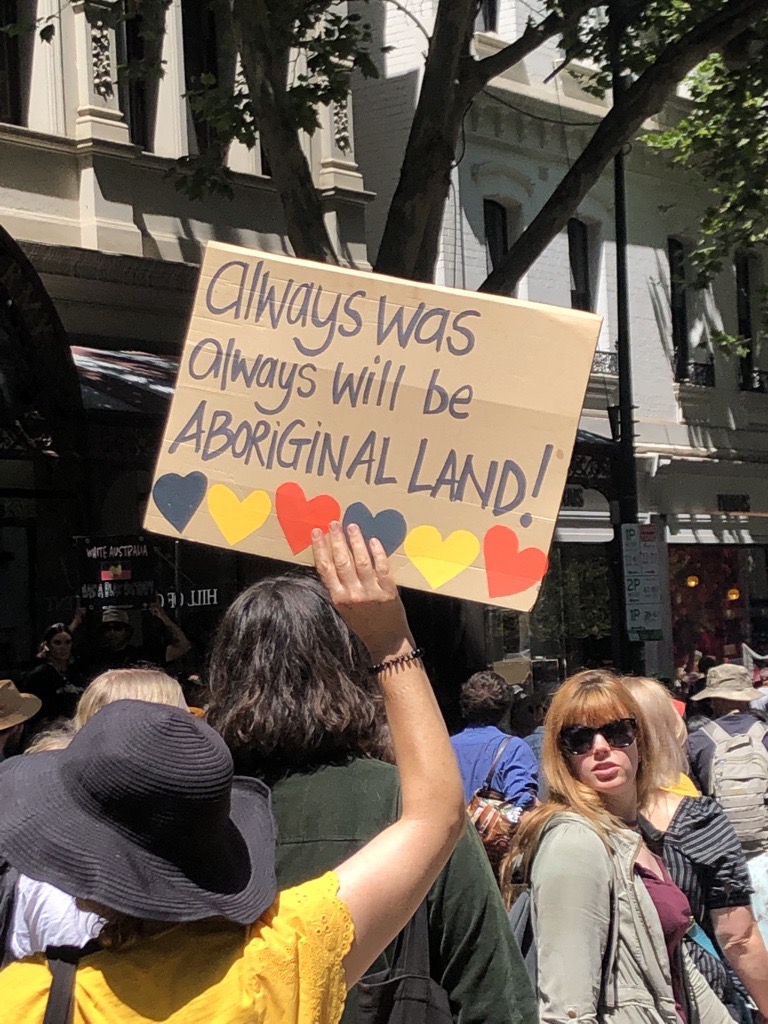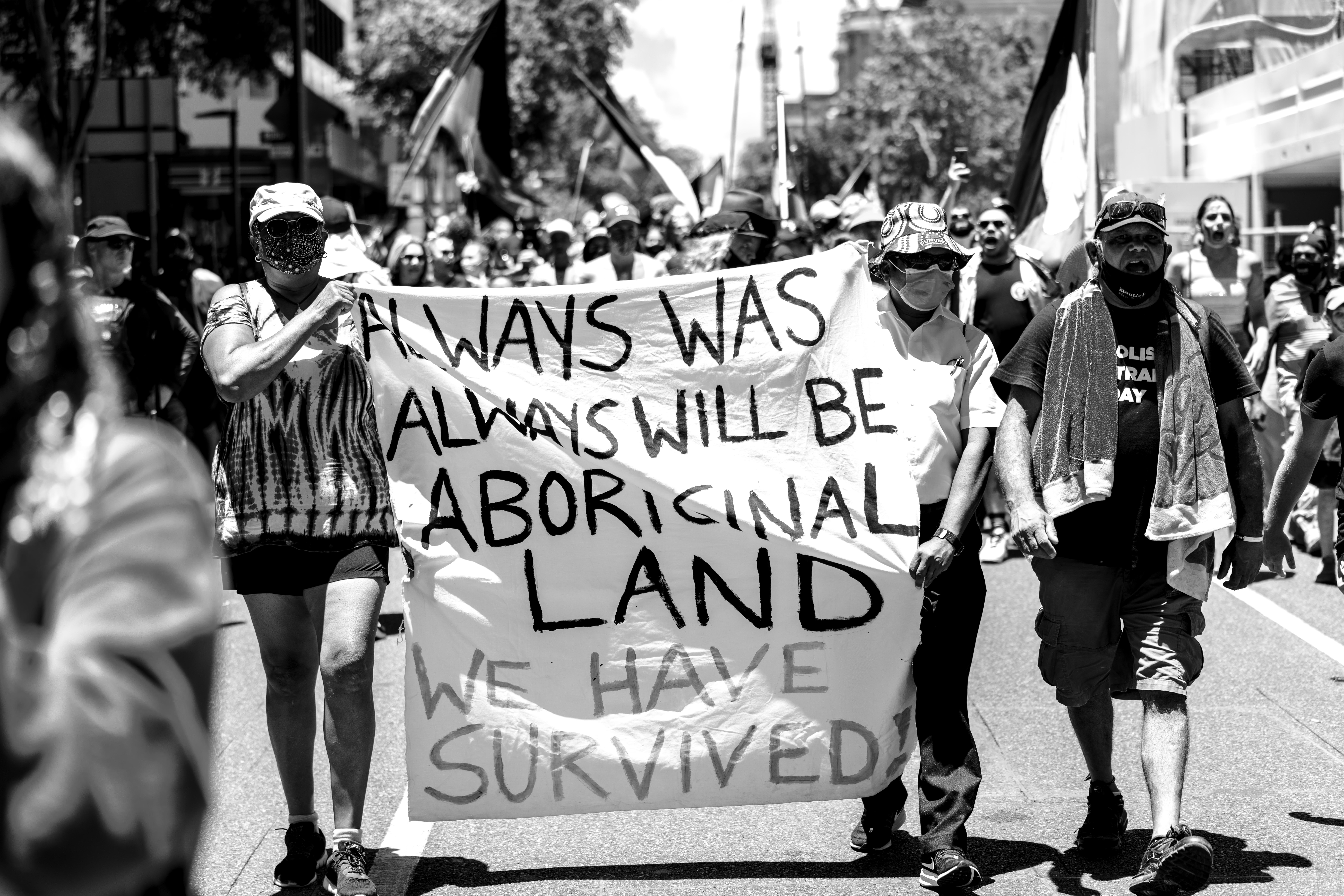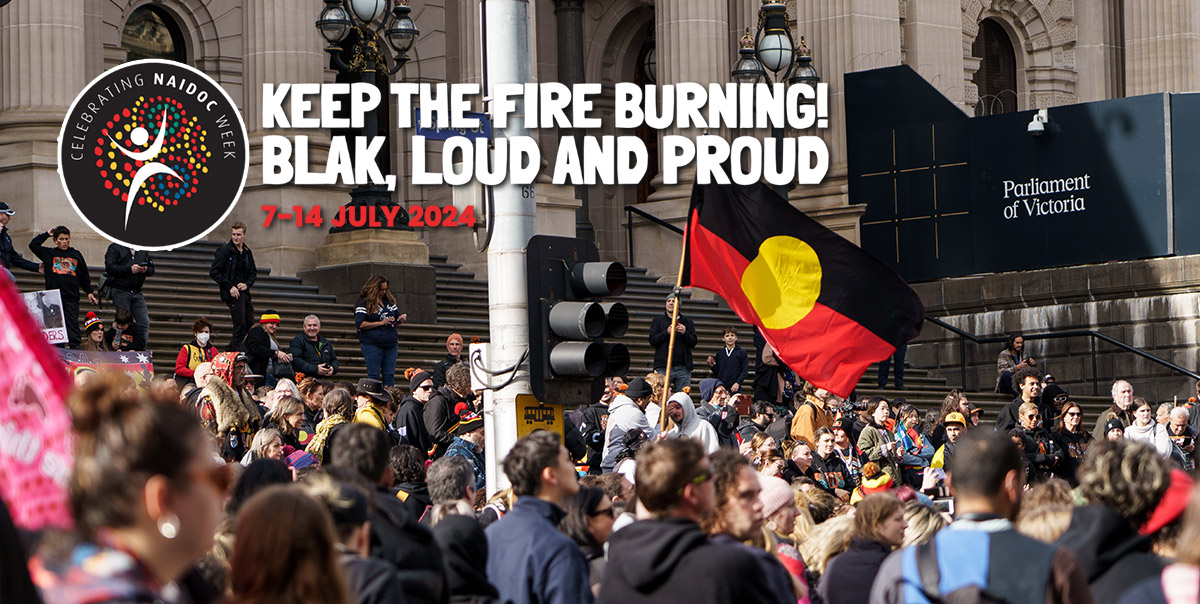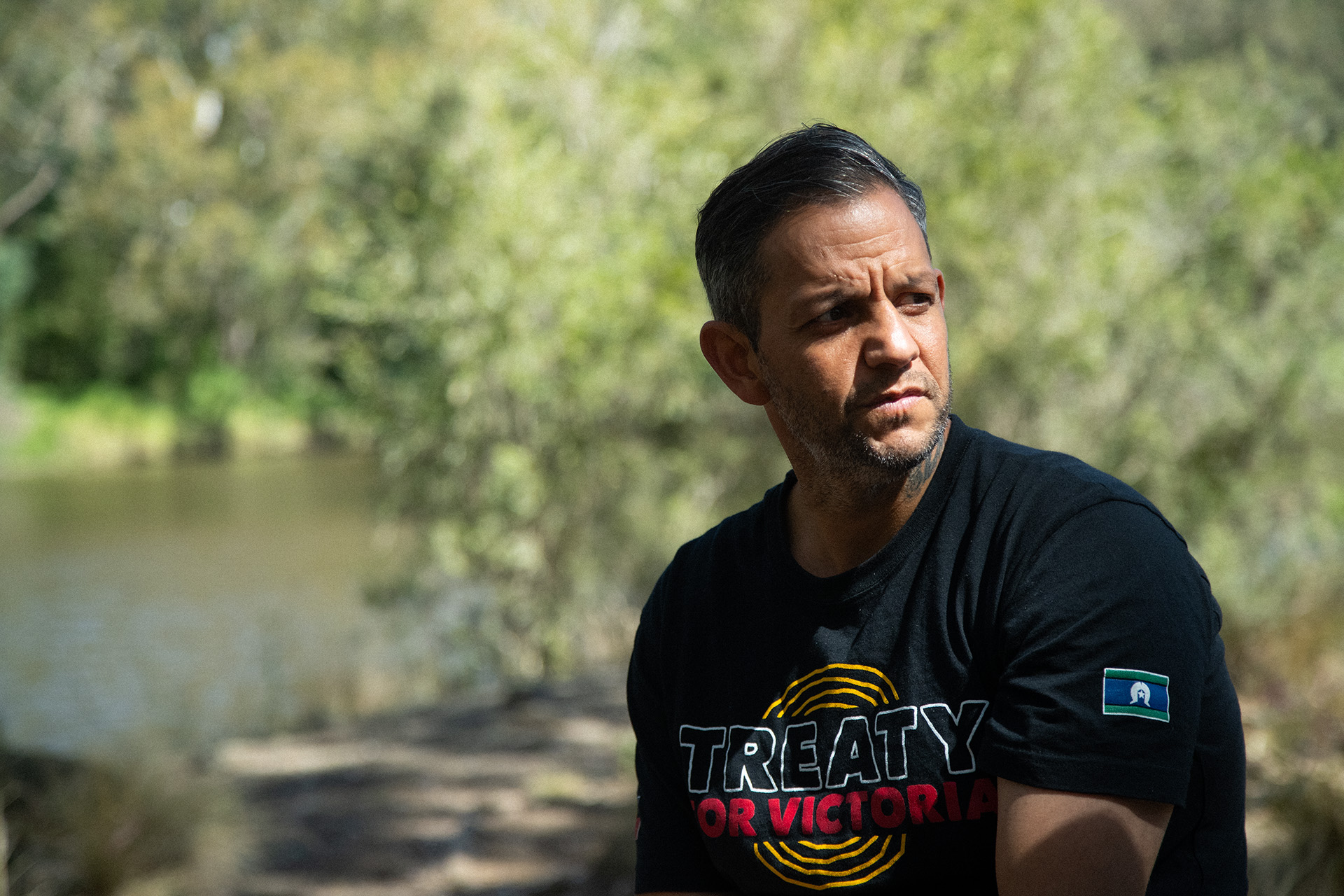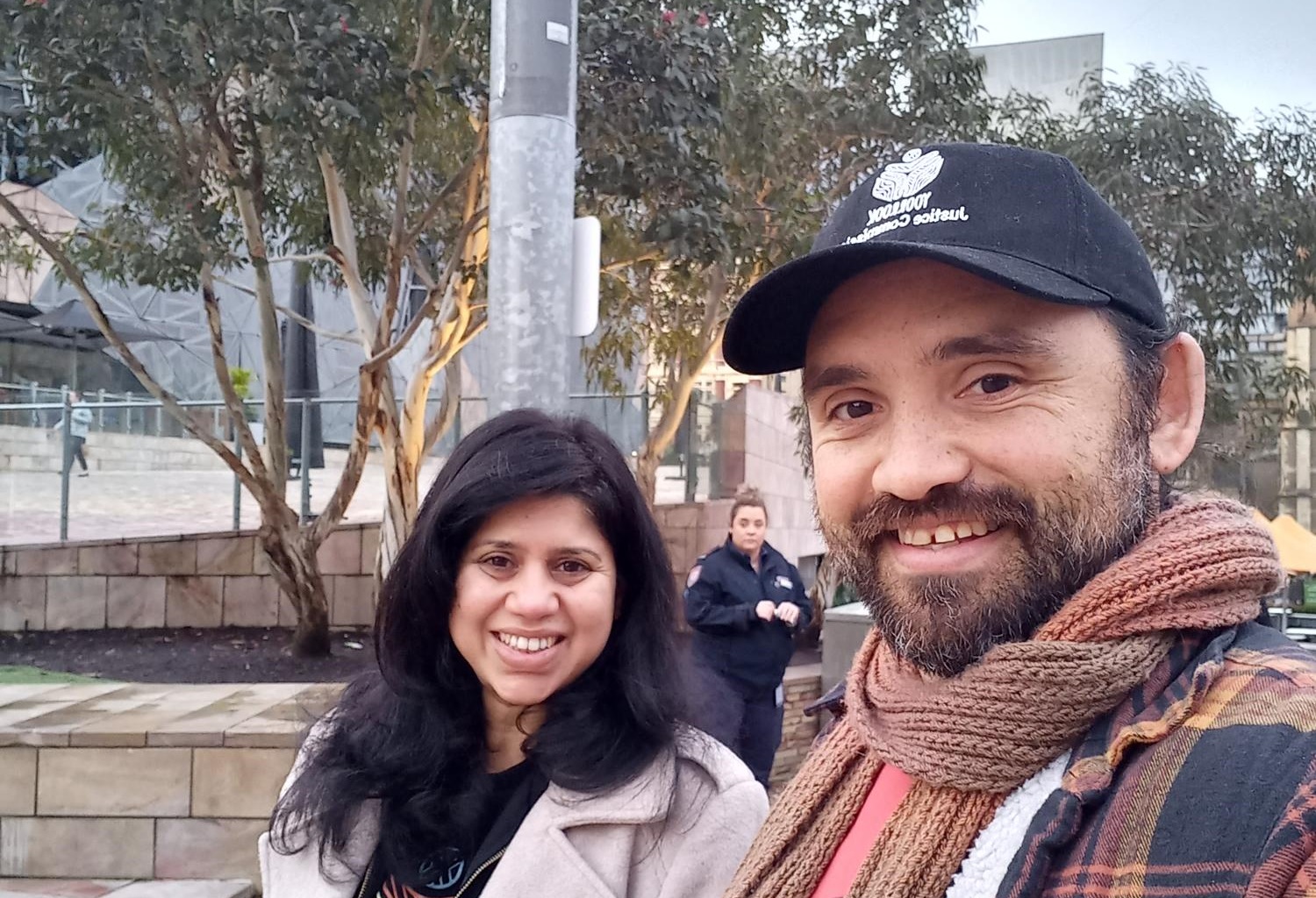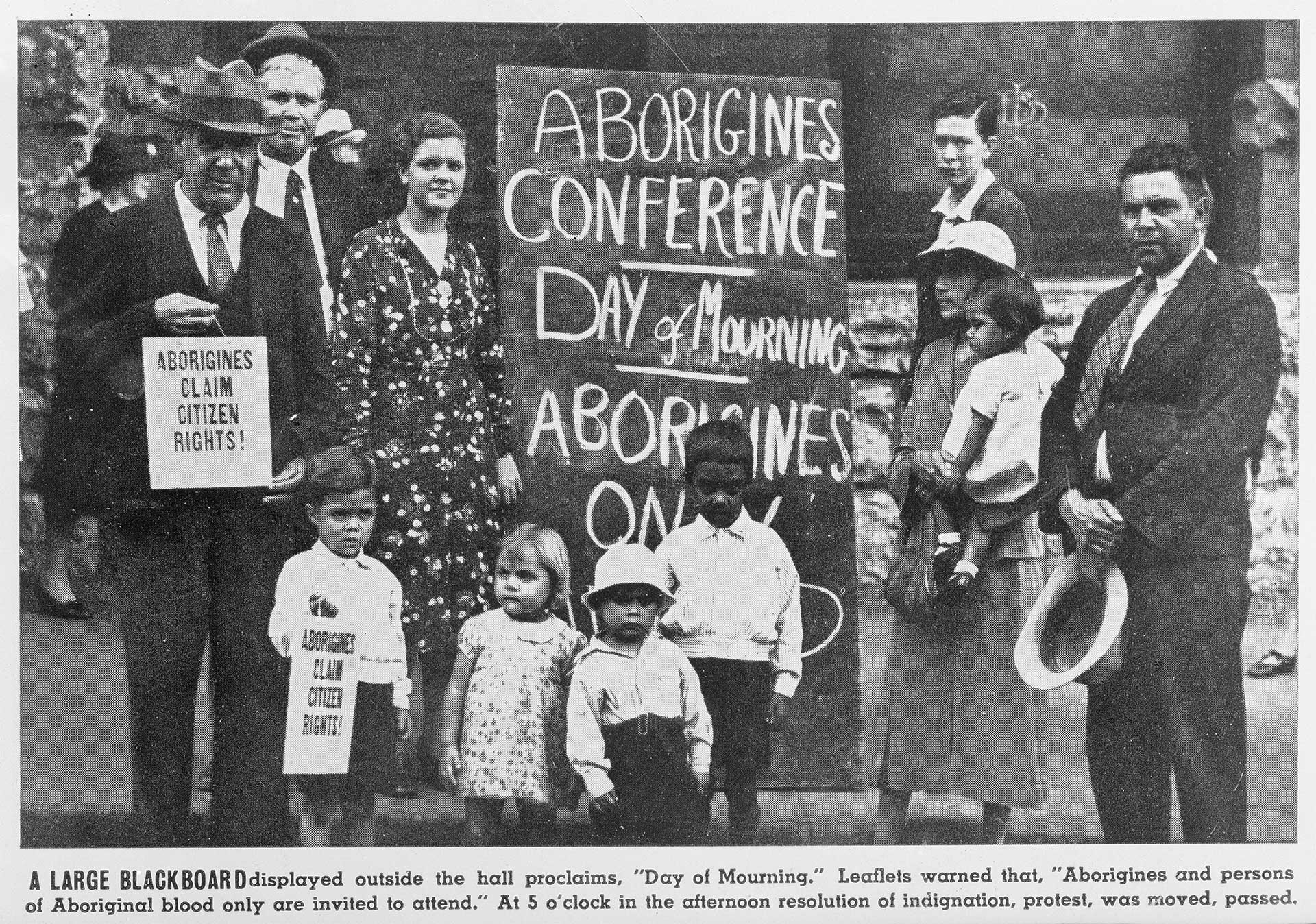
On January 26 1938, First Peoples activists held the nation’s first Day of Mourning to coincide with the 150th anniversary celebrations of the arrival of the First Fleet in Sydney Cove.
1,000 First Peoples and supporters marched in silent protest through the streets of Sydney. They dressed in black as a symbol of mourning for the lives lost and harm caused by colonisation.
The Day of Mourning was the result of years of activism and hard work by First Peoples. This historic day would go on to inspire First Peoples’ activism for the remainder of the 20th century.
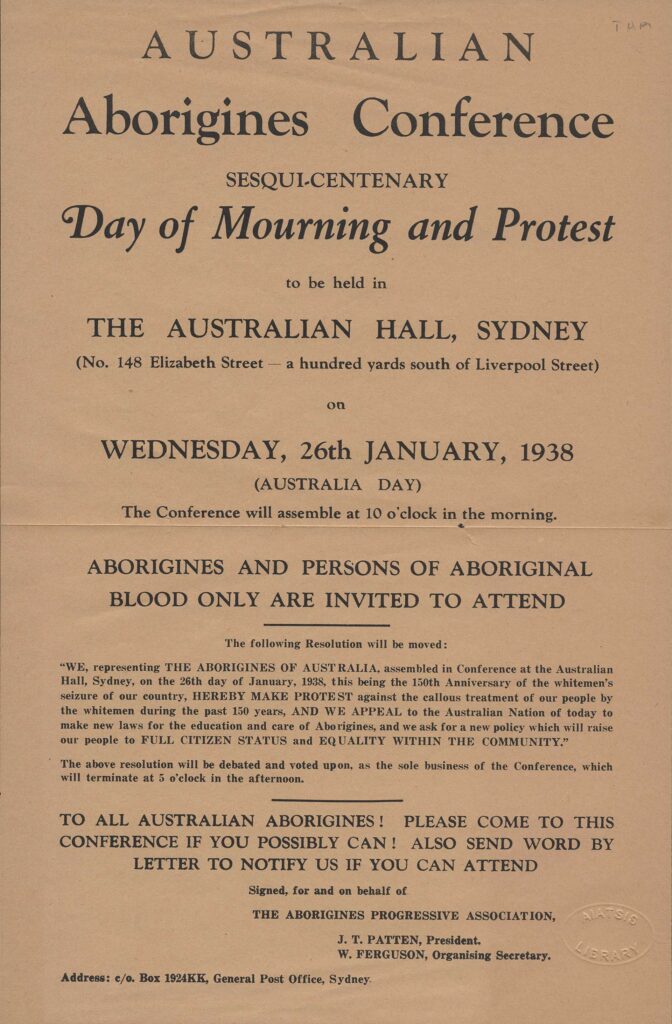
Following the march, the first ever national meeting of Aboriginal people for citizenship rights was held. The media begrudgingly covered the historic events.
It marked a turning point in the struggle for First Peoples’ civil rights in Australia.
“We refuse to be pushed into the background. We have decided to make ourselves heard.”
Yorta Yorta man Jack Patten
Driving the Day of Mourning movement was the Victorian Australian Aborigines League, led by Yorta Yorta man William Cooper, together with the Aborigines Progressive Association from New South Wales, led William Ferguson and Yorta Yorta man Jack Patten.
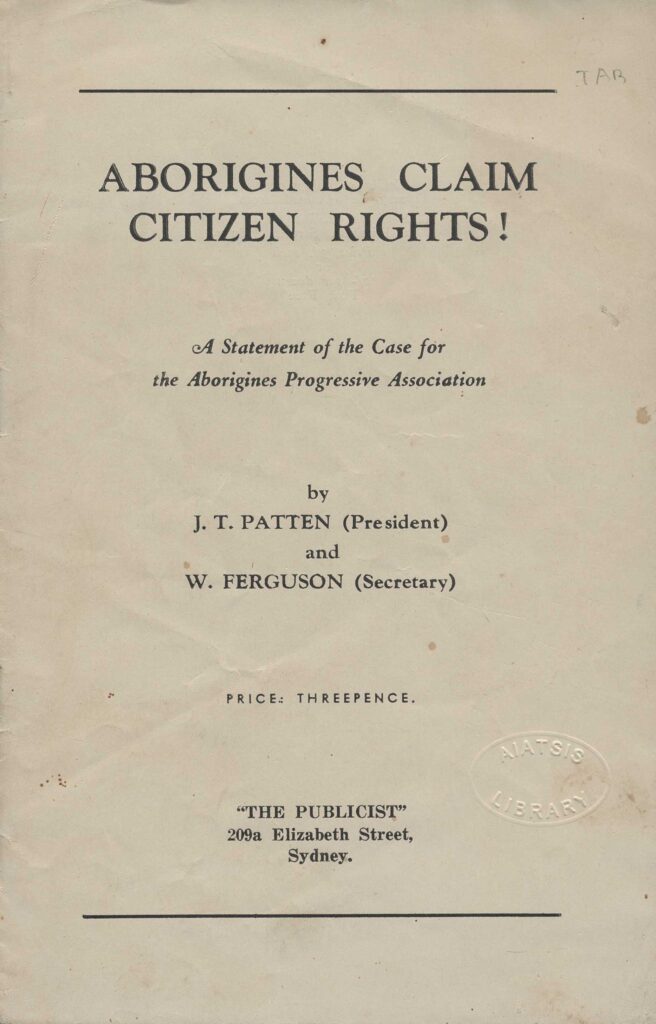
Other key Aboriginal leaders involved included Pastor Doug Nicholls, Aunty Margaret Tucker and Aunty Pearl Gibbs.
Since this first protest 85 years ago many First Peoples have been calling for January 26 to be a Day of Mourning instead of a day of celebration.
The 26th of January, 1938, is not a day of rejoicing for Australia’s Aborigines; it is a day of mourning. This festival of 150 years’ so-called “progress” in Australia commemorates also 150 years of misery and degradation imposed upon the original native inhabitants by the white invaders of this country.
Yorta Yorta man Jack Patten and William Ferguson, January 1938
We, representing the Aborigines, now ask you, the reader of this appeal, to pause in the midst of your sesqui-centenary rejoicings and ask yourself honestly whether your “conscience” is clear in regard to the treatment of the Australian blacks by the Australian whites during the period of 150 years’ history which you celebrate?”
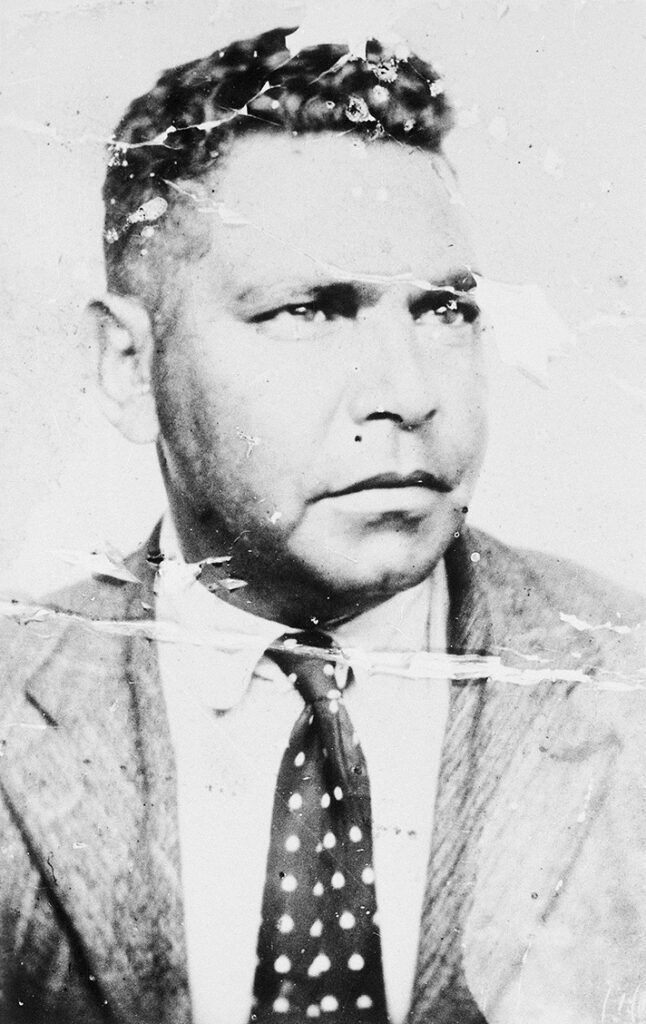
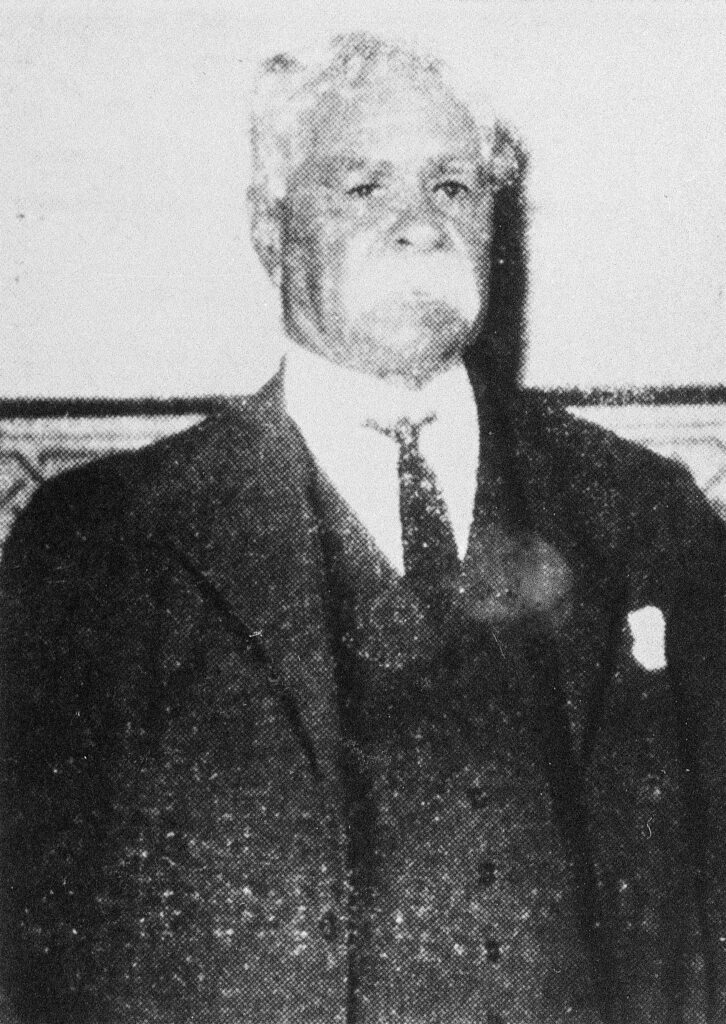
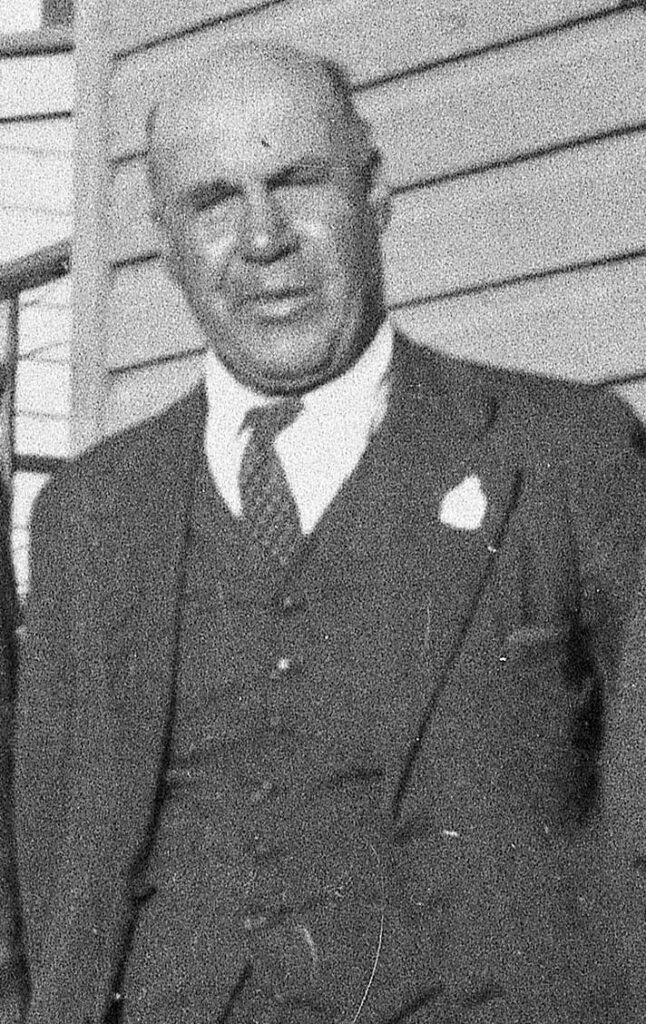
Speaking on radio station 2SM in Sydney in 1938, Jack Patten said:
“…the time has come now, after one hundred and fifty years of so-called progress, for the white people of Australia to face up to their responsibilities…we now ask for freedom and equal citizenship. Our only hope of obtaining justice is to arouse the conscience of the white people of Australia, and to make them realise how lacking they have been in regard to accepting their responsibilities towards us, the original owners of the land.”
Yorta Yorta man Jack Patten
The sentiment shared in these quotes, first published more than 80 years ago is still shared by many First Peoples today.
First Peoples are continuing the legacy of the movement through present day resistance and activism surrounding January 26, as well as other key issues.

